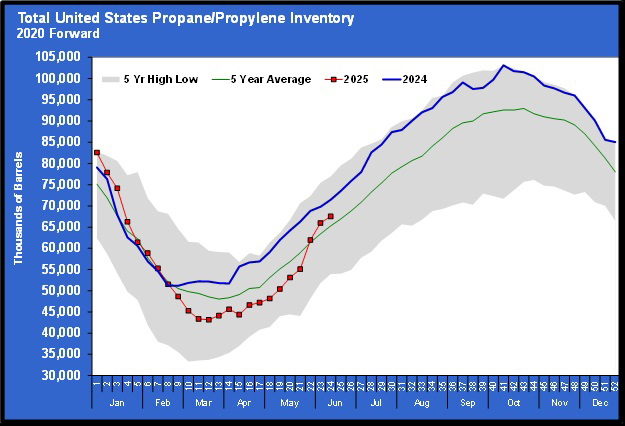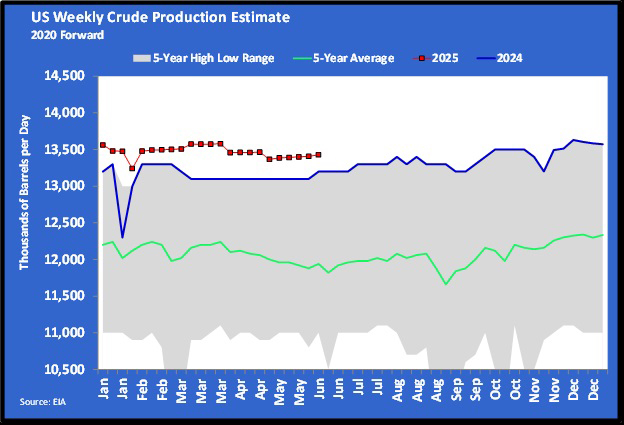When the delivery must go on
Working in the retail propane industry in times of uncertainty like we are now, shutting down and pausing operations are not options. The safety and comfort of our customers keeps us in business, and the safety of our employees keeps us running.
Like many other industries, propane retailers must be innovative in their thinking and approach to ensure business as usual. Considered an essential utility provider to commercial and residential customers, the delivery of propane must go on. We need to keep our customers running by ensuring they can cook, keep warm and stay safe.
Although not every area of day-to-day operations for propane retailers can change, there are some ways you can create social distancing, and help keep your employees, customers and vendors safe and healthy. The most critical component is customer interactions, during which not one area of operations is immune. Drivers and techs are in and around customers daily, and our office staff has customers and vendors who come in and out of the office, too.
So, in a pandemic, how do propane retailers adjust? The most critical thing is to start by communicating your commitment to the health and safety of your employees, customers and suppliers. Communication is the key to settling nerves and anxiety, so do it often. Other ways to keep confidence high involve changing the way you do business. In this time of creating a new normal, consider:
Remote office staff
It is imperative to have staff available for customer calls. You also need to be able to process customer payments, order and receive product, schedule deliveries and complete service calls. One way to help keep your employees and customers safe is to consider moving to remote work for your office staff. Technology today allows for us to be more flexible and agile in the face of the unknown.
Dan Richardson of Conger LP Gas in Georgia is planning for the possibility of working remotely: “We are presently open in our retail offices, but we are preparing if we have to close. We can operate our A/R software from any location with Wi-Fi. We are formulating a plan now in case we are forced to close the offices. Yes, we can set up from home, reroute our phones, and the customer on the phone will never know any difference.”
For propane retailers like Conger LP Gas that have the ability to let office staff work remotely, here are some tips and tricks to ensure success:
- Communicate to your customers the move to remote work, and set expectations for what your customers should expect.
- Ensure your people have the technological tools, such as a laptop and cell/mobile phone, and that they can access your CRM/fuel delivery software remotely.
- Establish a “working schedule” to set expectations for your people on core hours and availability.
- Encourage your remote team to identify a “workspace” within the home that allows some privacy.
- Recommend they create a daily routine and schedule breaks on their calendars.
- Schedule recurring meetings or other ways to engage with your team, and them with others.
- Urge team members to share funny and happy stories, as well as areas in which they need help.
- Reassure your team they are not in it alone and understand we are working in a new normal.
Transitioning to a remote work environment can create anxiety and sometimes fear of the unknown. Workers who have not typically worked remotely may also worry about distractions or the ability to get their jobs done. It is important to validate with our people that these are new and uncertain times, and adjustments are expected. Critical to owner/operators and managers is to be available to your people. Check in with them to see how they are adjusting and if there is anything they need.
Customer interaction
Although the office staff can practice social distancing by working remotely, your drivers and service technicians are on the front line. They have direct interaction with customers, but there are things we can do to help protect their health and safety, and that of your customers. Ensuring customers don’t run out of propane, and that their systems are functioning properly, are of the utmost importance. To do this, consider the following:
- Communicate to customers your commitment to ensuring they do not run out of product and that their systems are functioning properly.
- Ask customers to call the office or email with questions or to schedule deliveries and appointments.
- If you have an online portal for customers, encourage them to use it to make payments, schedule deliveries and request service (and FYI, this creates a much stickier relationship with your brand).
- For customers on COD, require a partial prepayment over the phone or online prior to a fuel delivery.
- Send out emails and postcards and post on your website, and if you engage in social media, post it there, too.
- Ask customers to call the office or email with questions or to schedule deliveries and appointments.
- Schedule only essential service appointments and require your techs to wear masks and gloves when entering the home or business.
- Direct drivers and techs to not engage with customers unless absolutely necessary, and keep the 6-ft. rule intact.
- Provide drivers and techs with anti-bacterial wipes/lotion and require them to apply before and after each delivery or in-home visit.
The health and safety of our employees and customers are critical to keeping us running. Communicate clearly, practice smart habits and remember we are in this together. Remember to check in with your employees often to see how they are doing, not only at work but at home. It is an uncertain time, but you can provide comfort to your employees simply by engaging with them and providing options for them to feel safe.
Transitioning to new and different ways of business in crisis mode can be difficult, but it can be done. We need to be understanding, patient and willing to think outside the box and find ways to keep our employees safe and engaged, and our customers happy. As an industry, it is a perfect time to engage with each other and gain knowledge. Reach out to your associations and memberships, and equip yourself for sustainability and success long after the pandemic is over.
Register for a complimentary webinar on working remotely.
Aimee LaBrake Allen is a marketing and growth consultant. She also serves as an adjunct professor of business management, marketing and communications. Visit aimeelabrakeconsulting.com.
















